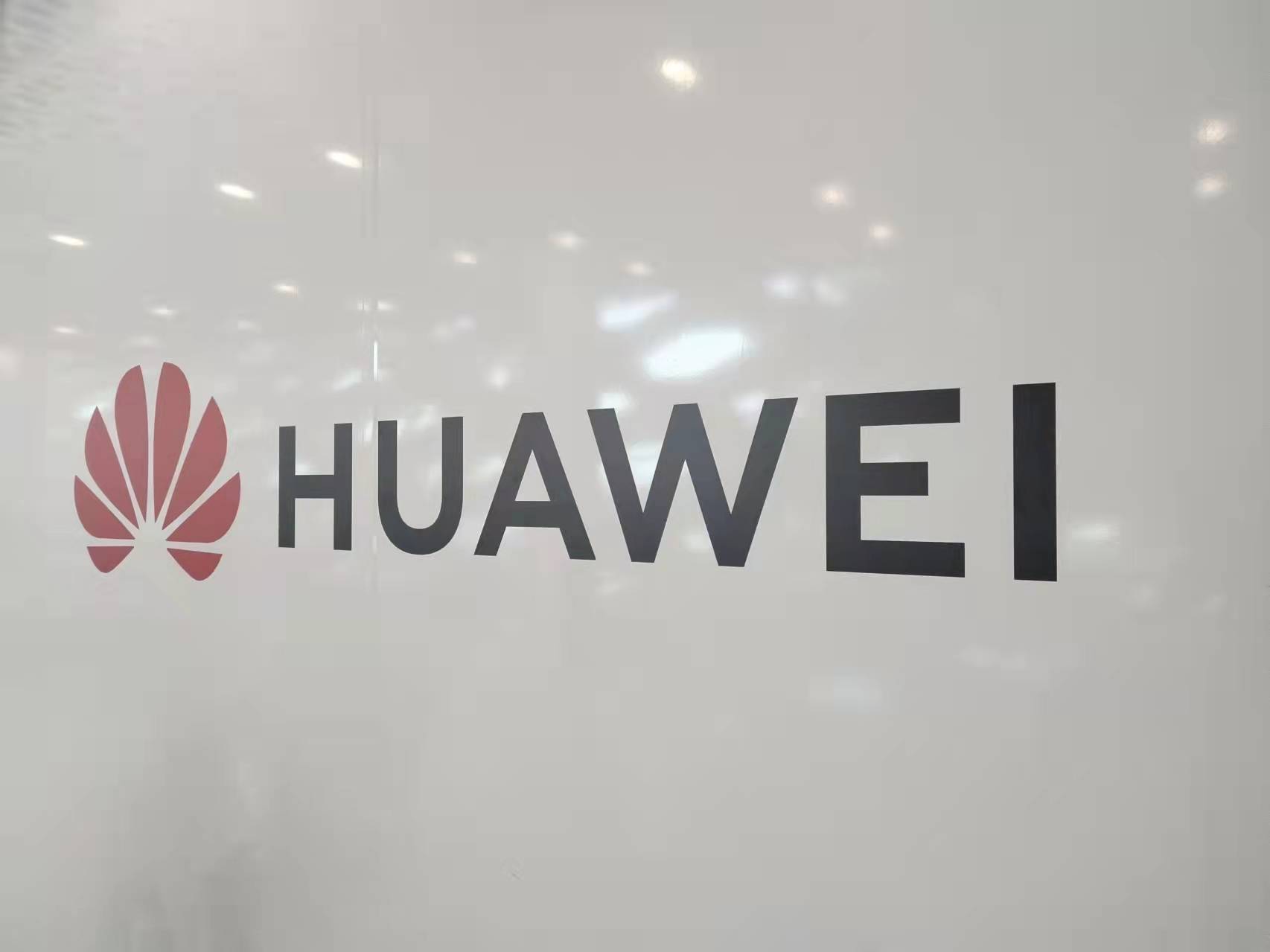
Chinese tech giant Huawei Technologies in Brunei officially launched its "Seeds for the Future" 2022 program on October 17, aimed at nurturing local information and communications technology (ICT) talents, according to a Xinhua report on October 18.

As a flagship global Corporate Social Responsibility program of Huawei, "Seeds for the Future" was first initiated in 2008 and designed to develop skilled, local ICT talents and bridge communication between countries and cultures.
"By the end of 2021, this program has been implemented across 137 countries and regions, covering 12,000 students from over 500 universities," Zhang Jianwei, CEO of Huawei Technologies in Brunei, told Xinhua.
"This is the 8th session since the program was held back in 2015 in Brunei. It is also the third year we are conducting online training since the COVID-19 pandemic broke out in 2020," he said.
According to Zhang, the "Seeds for the Future" 2022 online training program attracted a total of 55 local students from University of Brunei Darussalam, Brunei Technological University and Sultan Sharif Ali Islamic University as well as five other institutions.
Zhang said participants of the program will be exposed to Huawei's cutting-edge ICT training. Topics like metaverse and digital power will be introduced and discussed in this year's program.
"Over the past few years, we have continued our 'Seeds for the Future' program and we are pleased to witness fruitful results," Zhang added.
"More than 100 students in Brunei benefited from this program from 2015 to 2021, with some graduate students working in the ICT industry, which will contribute to local ICT talent ecosystem development."
Haji Azman, permanent secretary at Brunei's Ministry of Education, Counsellor Wang Haitao, deputy chief of mission at the Chinese Embassy in Brunei, and more than 100 students and guests from educational institutions, ICT industries, and government-linked companies attended the event.
Freddy Ang Chuan Shi, one of the Huawei "Seeds for the Future" alumni, told Xinhua that he joined the program in 2020 and had learned quite a lot.
"The courses provided were really informative as they touched on the current tech trends being employed by countries around the world," he said.
"The three main courses I enjoyed were 5G, Artificial Intelligence and Cloud Computing. We also went on an online tour around a small village in China to learn the Chinese culture and how residents there adopted a modern digitalized lifestyle, including using digital payments like Alipay and WeChat Pay."
"Through the program, I was able to whet my interest in dabbling in the tech industry, which prompted me to apply for Huawei Singapore and was offered a position last month," he told Xinhua with delight.
RELATED
READ MOST

No Data Yet~







